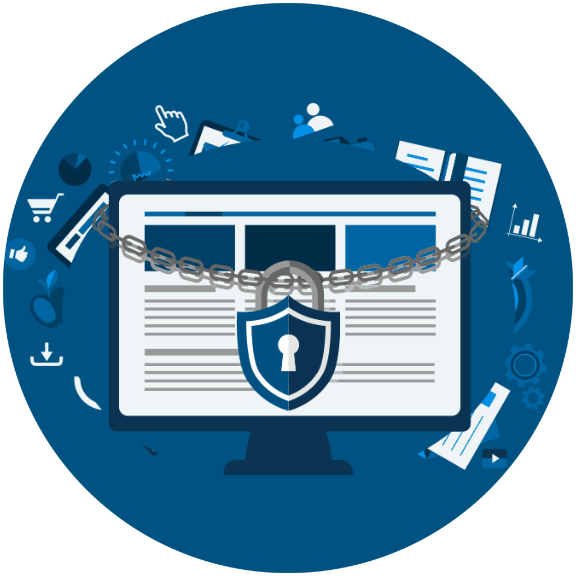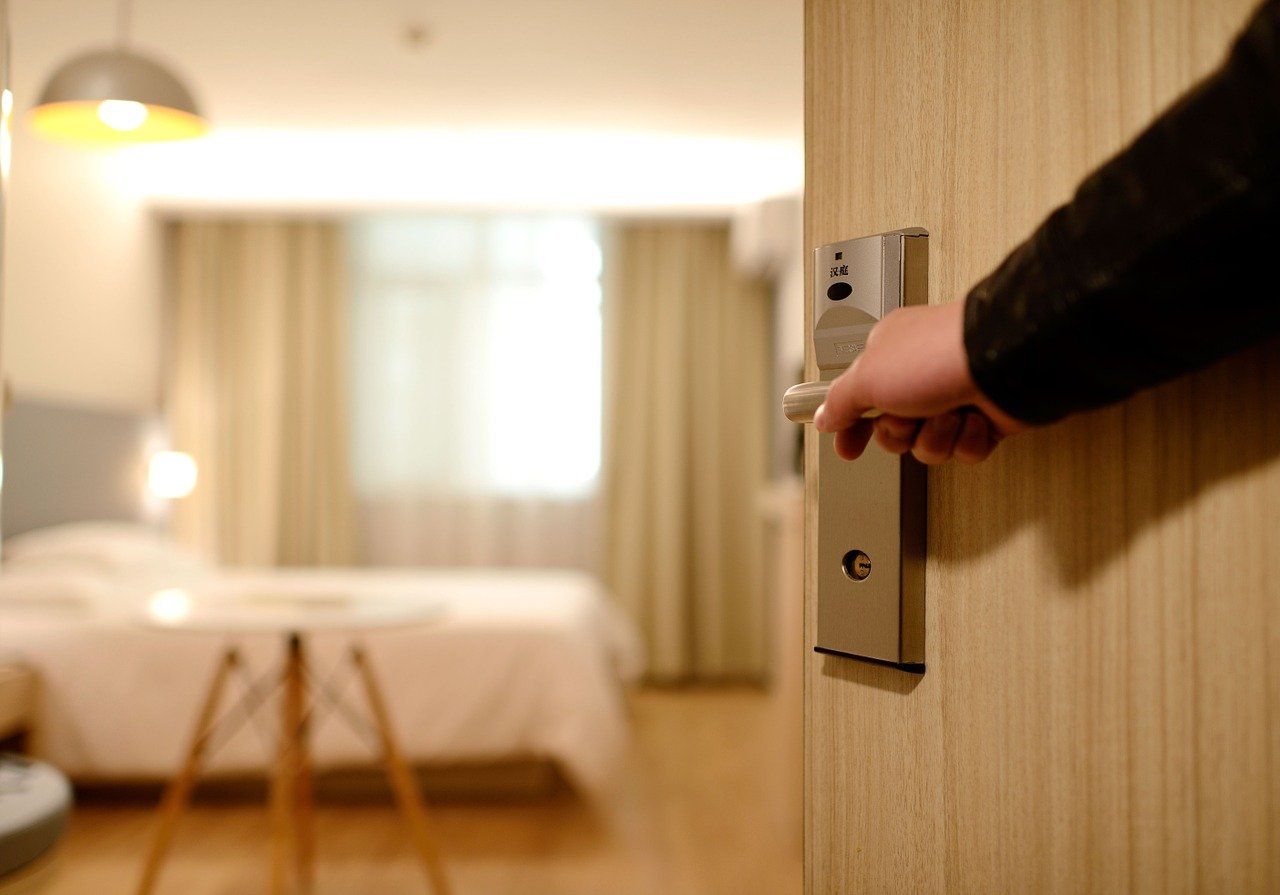4 Simple Tips to Avoid Getting Hacked Online
- By Jessica Elmore
- •
- 13 Apr, 2018
- •

In today’s world, technology reigns supreme. We use it in just about every aspect of our lives, including banking, communication, socialization, shopping and more. As such, we enter quite a bit of personal and sensitive information into online databases. Often times this information includes our credit card or social security numbers, as well as other compromising data. The effects of this information being accessed by a hacker can include financial loss, identity theft, and public humiliation. Fortunately, there are some simple steps you can take to avoid being hacked!
1- Change Your Passwords- Often!
A good rule of thumb is to change your various passwords, at the minimum, twice a year. When you’re updating your passwords, it is also a good idea to make sure that all information associated with your account is accurate and current.
2- Avoid Online Personality Quizzes- Including those circulating social media!
They may seem harmless and fun, but online personality quizzes, including the popular status questionnaires on Facebook, are gathering quite a bit of information about you! Don’t believe us? Next time you see one of those posts pop up on Facebook, take a look at some of the questions before you post your responses. More than likely you’ll find one, if not several, questions that are typical website security questions. First pet? First concert? The answers to these questions can make it easier for a hacker to gain access to your accounts.
3- Be Suspicious of Emails- Don’t click the link!
We’ve all seen them. Those emails that announce that “You’re Our WINNER!!!!! $50,000 is YOURS! Click HERE now!” Whatever you do, do not click those links. Emails are a popular way to sneak a virus onto your computer and clicking that link can allow that to happen. Another popular email related scam is to send you a seemingly innocuous message from what appears to be a website you trust, requesting you to log in and verify your account is up-to-date. If you do so, you’re likely directly handing over all your account information! To avoid falling victim, just check the email address it came from to verify its authenticity, and instead of clicking the provided link, type the website’s address directly into your browser bar. This will ensure that you have gone to the correct webpage.
4- Don’t Get Lazy With that Password- We’re talking to you Password123!
A good password is going to be one of your strongest defenses against a cyber-attack. Make sure you include both upper and lowercase letters, numbers, and a special character when creating a password. Don’t use anything with your name or a special date in it, or repeating numbers. Following the suggestions above will help make it more difficult to gain unauthorized access to your personal information and give you a better peace of mind. Technology can be intimidating to use, but it doesn’t have to be!

During the pandemic, thousands of pilots were offered early retirement packages in order to cut labor bills due to the lack of travel demand. Now that travel for pleasure and business is rebounding from the pandemic, approximately 14,000 flights in the US were recently cancelled or delayed due to the lack of pilots, carriers, and other staff.










